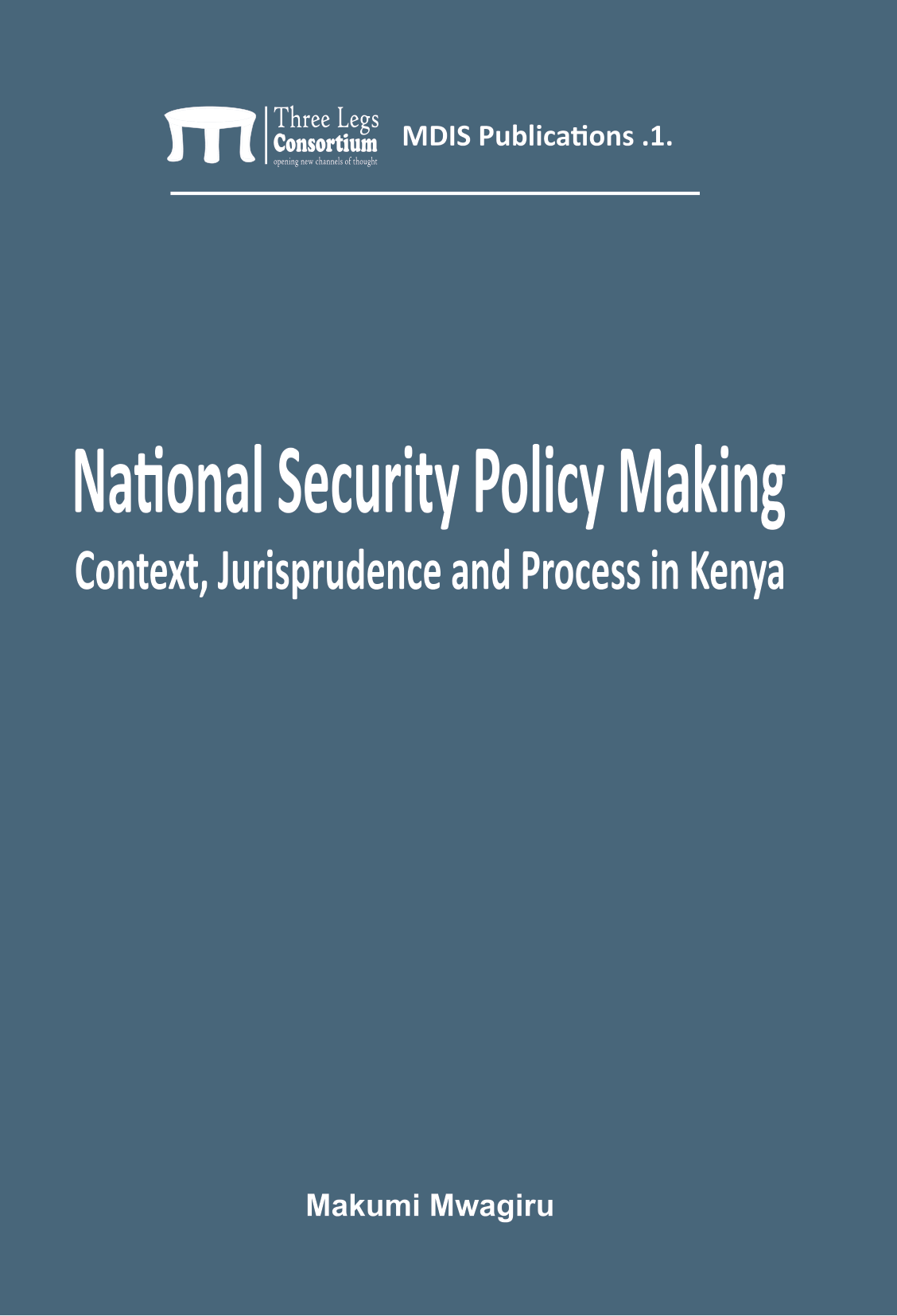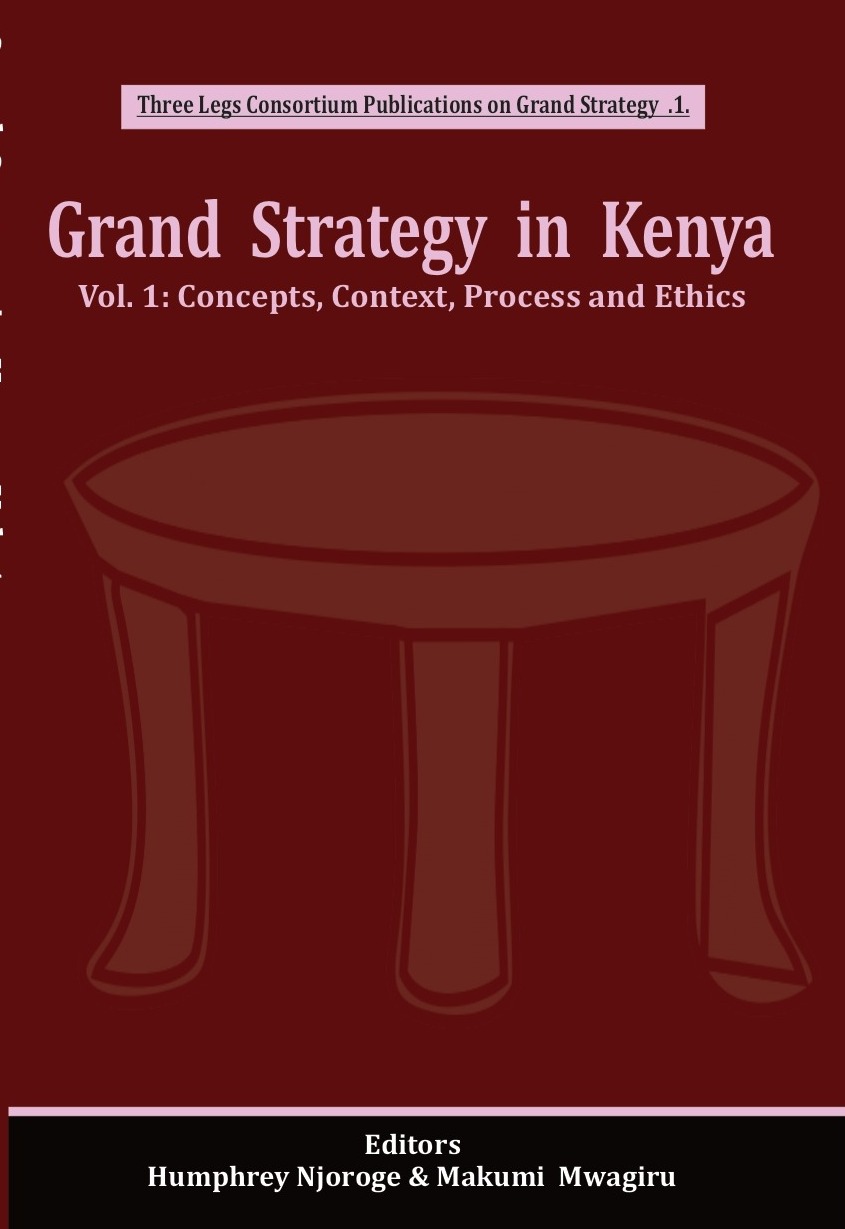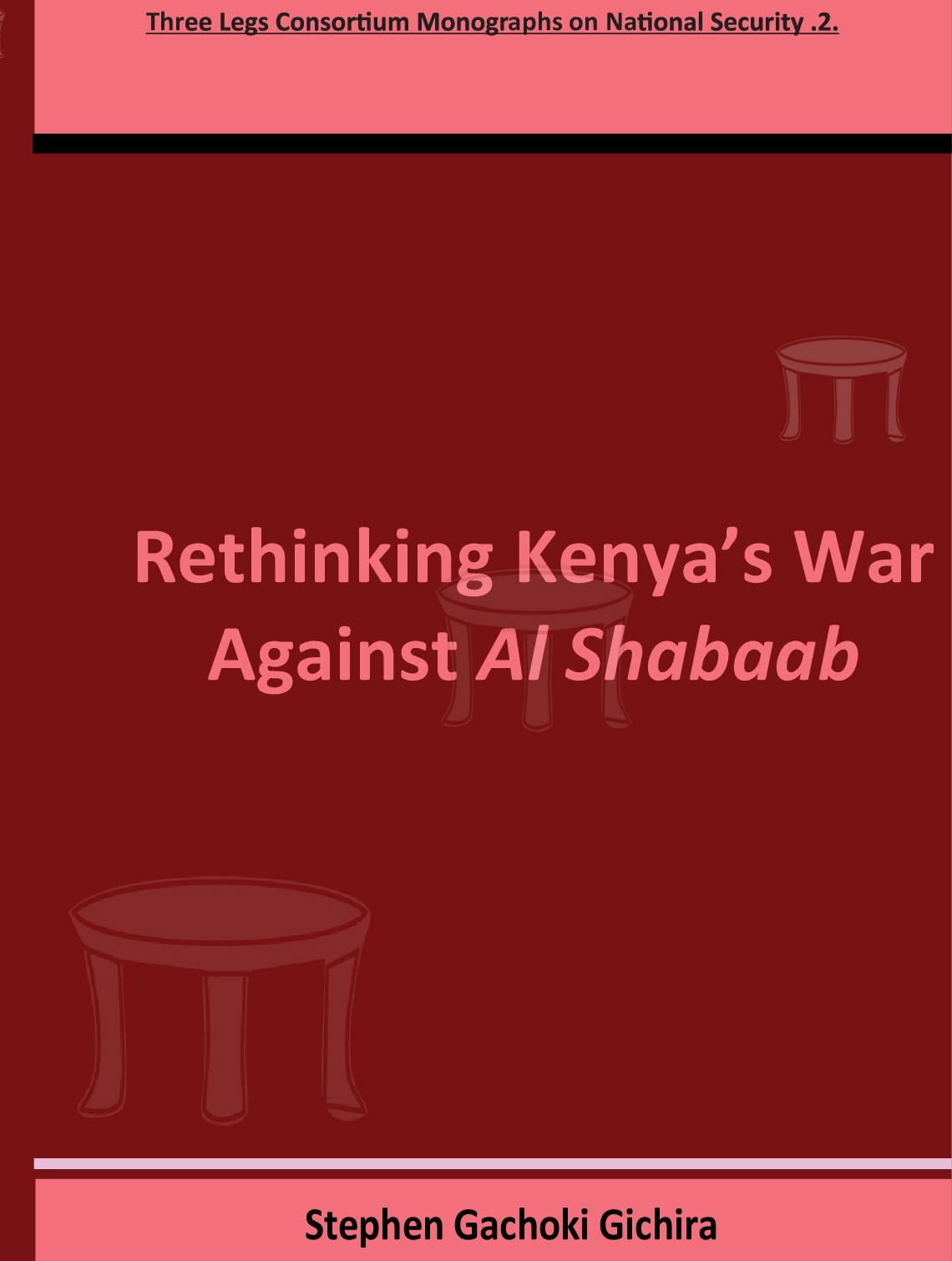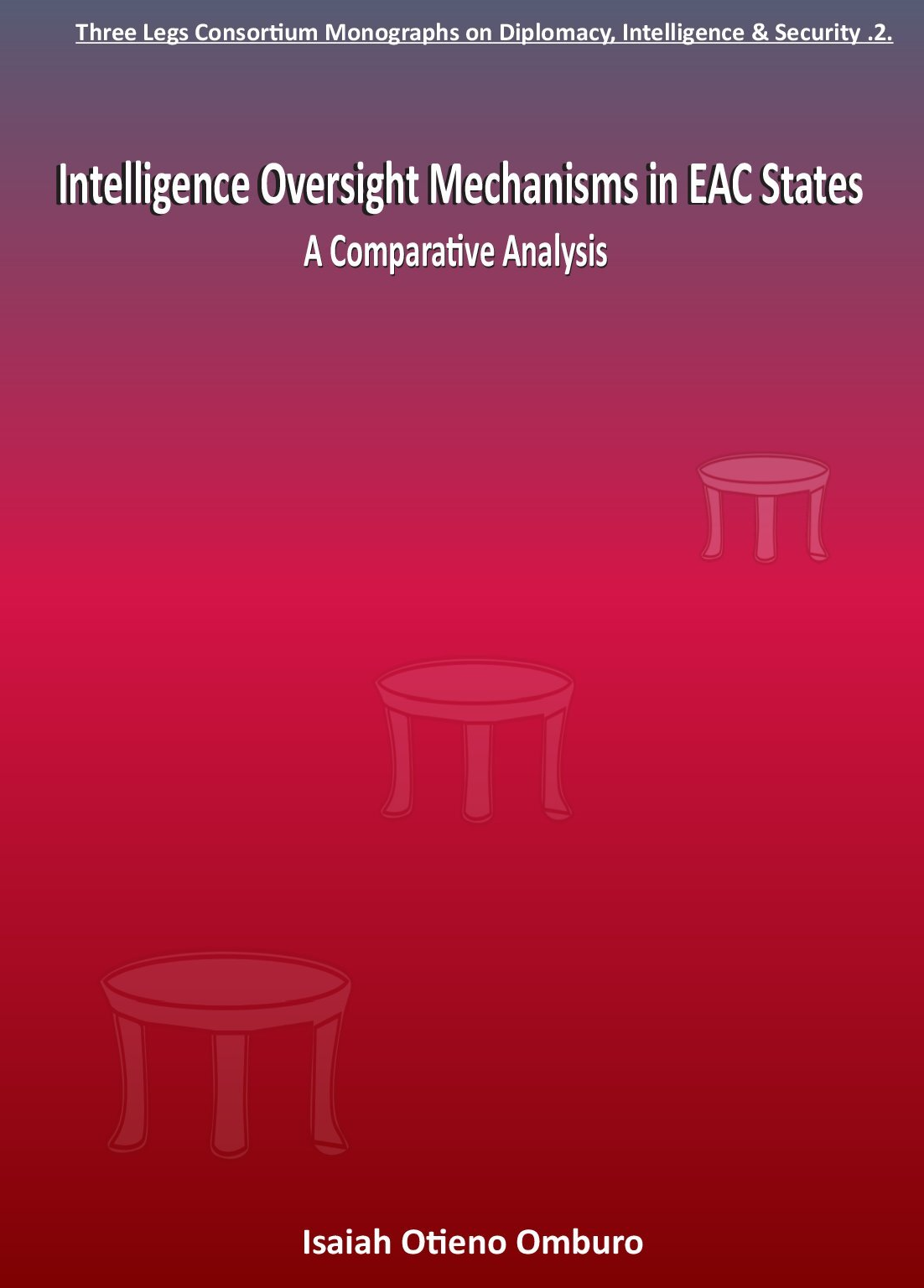
National Security Policy Making
Context, Jurisprudence and Process in Kenya
National Security Policy Making: Context, Jurisprudence and Process in Kenya examines the context of national security policy making in Kenya. It inspects the role of law especially the Constitution in national security policy. Its basis is that jurisprudence and process provide the proper environmental background for creative problem solving in national security policy in Kenya. The book is concerned with the strategic level of national security policy, and its interactions with the evolving national security jurisprudence, anchored in the Constitution of Kenya [2010]. It also examines the structure of national security in Kenya, the constitutional philosophy of national security in Kenya, the National Security Council and issues of the coordination of national security in Kenya.
Read SampleReviews
Professor Makumi Mwagiru is one those rare academics who traverse several
academic disciplines with equal ease. He is an international lawyer, a practitioner and
scholar of diplomacy, and a geopolitical and national security expert, and an
International Conflict Analyst. And above all, he writes with facility, great ease and
wit.
In his new book National Security Policy Making: Context, Jurisprudence and
Process in
Kenya, Prof Mwagiru draws on his deep understanding of the challenges of national
security policy formulation, derived from long years of interaction with the crème
de
crème of Kenya’s policy making professionals at the National Defence College of
Kenya;
and his involvement in pioneering the MA programme on Diplomacy, Intelligence and
Security [MDIS] at Strathmore University in Nairobi, in 2018. The stated aim of the
latter programme, the first of its kind in Kenya and the region, is to link the
three
areas of diplomacy, intelligence and security in the context of national security
policy
and the environment in which these three are investigated, which is Kenya, East
Africa,
Africa and the rest of the world.
These three themes - Diplomacy, Intelligence
and Security –
have not previously received the attention they deserve from African academics thus
making this book that much more relevant and necessary. There seems to be a somewhat
widely shared assumption that the three thematic areas of the book are to be
“practiced”
not “studied”. Yet, as this book demonstrates there is much to be gained in engaging
in
a serious academic discourse on them.
This book while specifically addressing
the question of national security policy achieves
several objectives. First, it provides an analytical framework for the relationship
between policy and strategy in national security. Secondly, it explores the corpus
of
security law, within both international law and domestic law. It draws a strategic
map
of the content of the national security law applicable to Kenya. Thirdly, it
investigates the character of national security policy as developed by national
security
organs in Kenya, and in particular the National Security Council. Further, it
inspects
the issues relating to the coordination of national security policy. It also
discusses
the legal issues relating to some aspects of national security in Kenya. It examines
war
powers in Kenya, the legal-strategic aspects of Kenya’s intervention in Somalia, and
generally of the war on terror, and finally some perspectives of the maritime
conflict
between Somalia and Kenya. Finally, the book explores contemporary issues and
challenges
in the field of national security law and policy.
This book in my view confirms
a view I have long held: that national security is not, as
appears to be the assumption in many countries, the preserve of the armed forces. It
is
essentially, in a constitutional democracy a function of the civil authorities
properly
advised by well-informed experts.
This book provides students – and
practitioners - of national security, national intelligence, law and diplomacy with
a critical African
perspective.
Show More
Show Less


